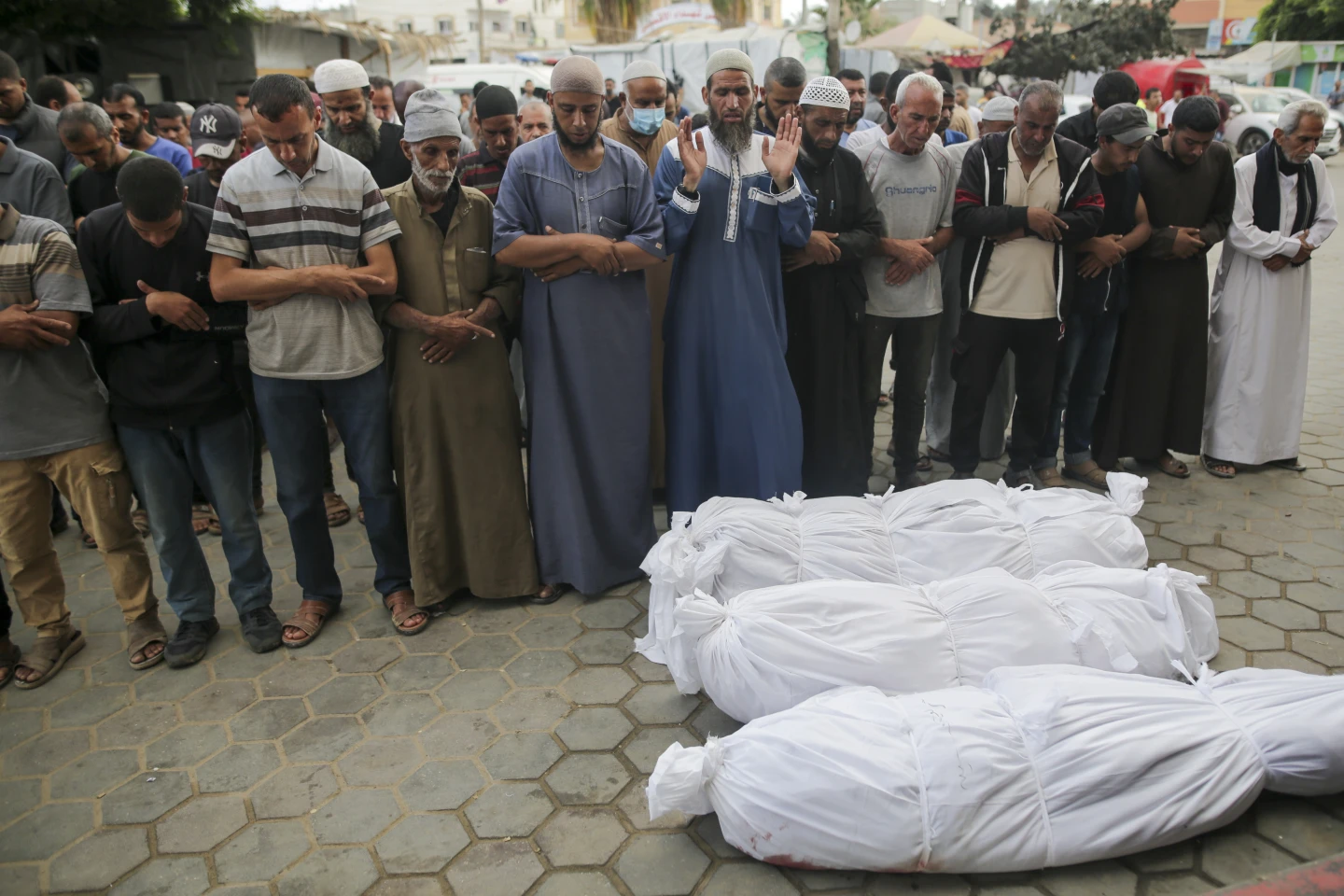
An Israeli airstrike in southern Lebanon has resulted in the death of Taleb Abdallah, a senior Hezbollah commander, along with three other fighters from the Lebanese armed group. The strike, confirmed by Hezbollah, has significantly escalated tensions along the volatile Israel-Lebanon border, which has seen increasing hostilities over the past eight months.
Commander Taleb Abdallah, also known within Hezbollah as Hajj Abu Taleb, was the most senior commander killed since the recent bout of fighting began. The airstrike occurred amid heightened aggression from both sides, with Hezbollah ramping up attacks on northern Israel and the Israeli military responding with deep strikes into Lebanese territory.
The situation intensified further on Wednesday morning, as scores of rockets were launched from Lebanon towards northern Israel. The Israeli military reported detecting approximately 90 projectiles, some of which were intercepted by defense systems. The barrage caused several fires in northern Israel, exacerbating the already tense atmosphere.
The death of Taleb Abdallah marks a significant blow to Hezbollah, which has been engaged in a protracted conflict with Israel. Abdallah's death could potentially lead to further retaliatory actions by Hezbollah, which has vowed to continue its resistance against Israeli aggression.
This recent escalation on the Lebanon-Israel border is part of a broader conflict that includes ongoing hostilities between Israel and Hamas in Gaza. On Tuesday, Hamas responded to a U.S.-backed ceasefire proposal, indicating that it sought amendments to the deal. While this response was not an outright acceptance, it kept negotiations alive for a possible cessation of the eight-month war. Hamas officials have expressed concerns about Israel's commitment to the terms of the ceasefire, particularly regarding a permanent end to fighting and the full withdrawal of Israeli forces from Gaza in exchange for the release of hostages held by the militants.
The war in Gaza,has resulted in a devastating humanitarian crisis. According to Gaza’s Health Ministry, over 37,100 people have been killed since the conflict began, although the figures do not differentiate between combatants and civilians. The fighting has severely disrupted the flow of food, medicine, and other essential supplies to Gaza, with U.N. agencies warning that over 1 million people in Gaza could face extreme starvation by mid-July.
The conflict has drawn significant international concern, with calls for an urgent resolution to prevent further loss of life and humanitarian suffering. The ongoing violence in both Gaza and along the Israel-Lebanon border underscores the complexity and volatility of the region, where longstanding political, religious, and territorial disputes continue to fuel conflict.
As the situation develops, the international community remains watchful, urging restraint and the pursuit of diplomatic solutions to prevent further escalation. The deaths of Taleb Abdallah and his fellow fighters add a new layer of urgency to these efforts, highlighting the high stakes and the potential for further violence in an already unstable region.

















